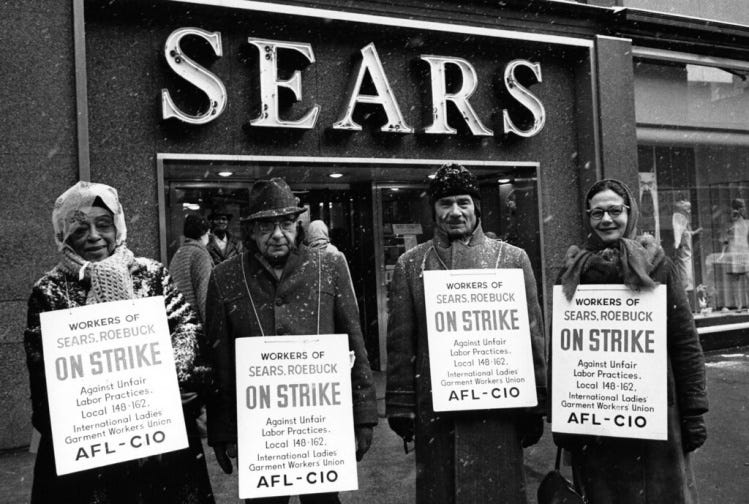First Post: The Obscure, Forgotten, and Undiscovered
Interesting and Inspiring Characters from the Past

Martin A. Wersing (1908-1973), born in Pittsburgh and a graduate of Saint James School in Wilkinsburg, PA, played a key role in the founding and growth of the Association of Catholic Trade Unionists (ACTU). In 1939, labor activist and writer John C. Cort (1913-2006), writing in Commonweal magazine, credited Wersing and his friend Ed Squitieri with originating the idea of establishing the ACTU in 1936.
According to Cort, Wersing and Squitieri “had associated in the utility workers’ union with a man who was fired for union activity, couldn’t get another job, finally went mad from despair and hung himself in the bathroom of a five-room tenement flat, leaving a sickly wife and seven small children.” It was this experience and the milieu of the Depression – unemployment, starvation wages and job insecurity – that motivated the two men to seek a solution to the plight of laborers.
Historian John Hennesey, S.J., in his American Catholics: A History of the Roman Catholic Community in the United States also credited Wersing and remarked that the organization became a strong force in combatting both racketeering and the Communist influence in unions.
Between 1935 and his death thirty-eight years later he held several leadership positions – first with a number of unions and later as a government mediator. He became a friend to Dorothy Day, co-founder of the Catholic Worker movement and newspaper of the same name. Day acknowledged his activism in her autobiography, The Long Loneliness, and in the Catholic Worker newspaper, referring to him as “our good friend Martin Wersing” and “C.W.’s old friend Martin Wersing.”

